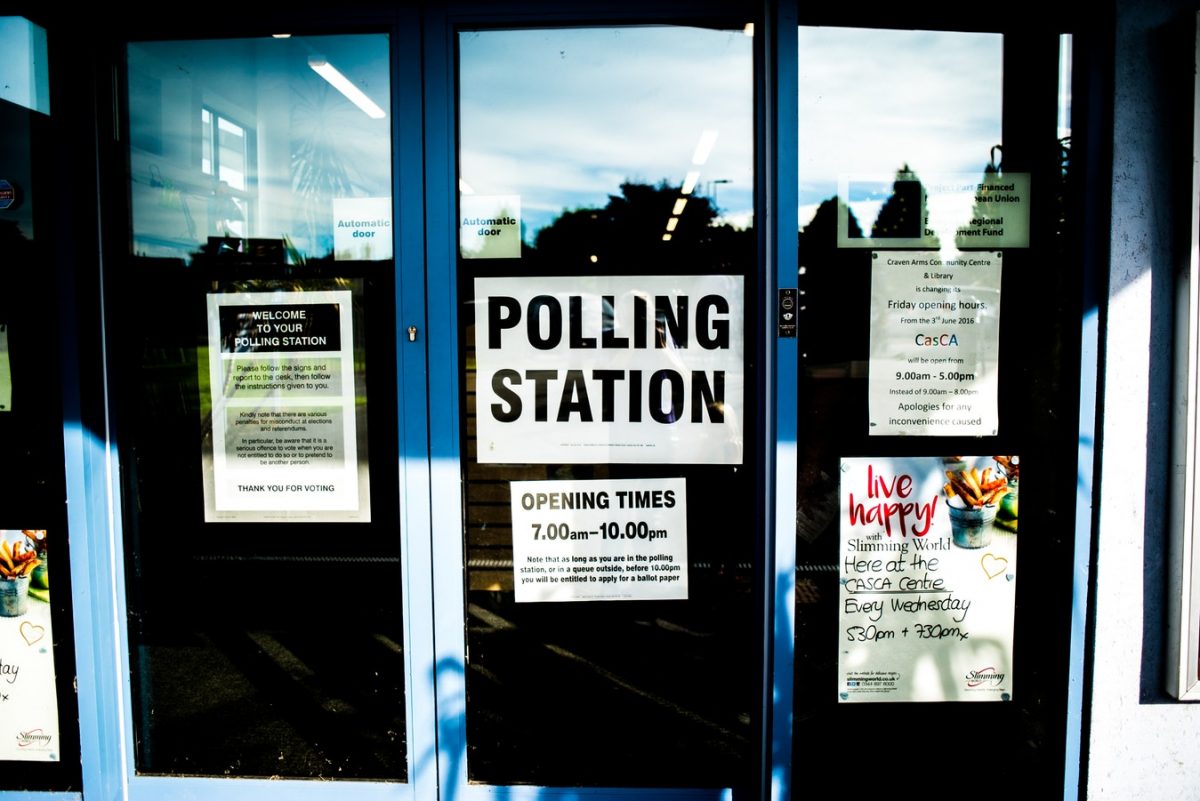The Fines and Fees Justice Center today urged Florida legislators to vote against a bill that would undermine Amendment 4, passed overwhelmingly by Florida voters in November. The bill would prohibit individuals with felony convictions from voting if they haven’t paid their fines and fees. If approved, PCB CRJ 19-03 would define “a term of sentence” as incarceration, probation, community service, restitution, and “any cost of supervision or other monetary obligation.”
The Florida House Criminal Justice Subcommittee approved the bill after a hasty hearing today. The bill was filed on Friday; the hearing was announced yesterday afternoon and scheduled for 8 am this morning, making it impossible for any of the millions of Floridians who supported Amendment 4 to communicate their concerns. FFJC calls on the other committees that will consider the bill to provide a real opportunity for citizen input and provide a meaningful opportunity for Floridians to be heard.
“Although we are disappointed that PCB 19-03 passed the subcommittee, we are hopeful that the entire Florida legislature will respect the supermajority of voters of Florida who support restoring voting rights to people who have completed their sentences and reject this unnecessary bill,” said Ashley Thomas, Florida State Director of Fines and Fees Justice Center.
The following statement was sent to members of the Florida House Criminal Justice Subcommittee: James Grant, Stan McClain, Michael Grieco, Dr. James Bush III, Byron Donalds, Dane Eagle, Juan Alfonso Fernandez-Barquin, Heather Fitzenhagen, Michael Gottlieb, Adam Roger Hattersley, Spencer Roach, William Cloud Robinson Jr., Anthony Sabatini, David Santiago, and Jennifer Necole Webb.
“The Fines and Fees Justice Center is writing to urge careful consideration and a swift end to PCB 19-03, which seeks to unnecessarily complicate and undermine the intent of Amendment 4 while imposing a life-sentence of voting ineligibility that disproportionately impacts lower wealth Floridians convicted of a felony offense.
A Case Study: In addition to a mandatory minimum prison sentence of 3 years, a person who is convicted of illegally possessing 7 grams of oxycodone (as few as 11 pills of Percocet) faces a mandatory fine of $50,000.00. This same person is also saddled with various court fees and other costs associated with their conviction. If they get out of prison and don’t immediately secure a well-paying job in order to begin to pay this debt, the $50,000.00 fine (and other costs) are sent to a collections agent who adds a 40% surcharge. If they get behind on their payments, the person will lose their driver’s license, making employment, and thus payment of the debt, an even more remote possibility. Under PCB 19-03, the result is absurd – a wealthier individual would be able to pay the fine and would be able to vote. The less wealthy Floridan would not. The end result of the proposed definition is to disenfranchise poor, low, and middle-income Floridians while higher wealth individuals can participate fully in our democracy. This is not about punishing someone for a crime – it is about punishing them for being poor.
Our position is simple: conditioning the fundamental right to vote on the payment of monetary obligations is unconstitutional. The right to vote should absolutely never come down to wealth, or the lack thereof, but PCB 19-03 does just that. The most appropriate definition of “term of sentence” is also the most simple: a person’s sentence is complete when they complete any period of incarceration or probation.
The Fines and Fees Justice Center urges you to VOTE NO on PCB 19-03.”
Florida residents are encouraged to call their legislators and ask them to oppose PCB 19-03. Those who are interested can use the ACLU of Florida’s action alert script.
About the Fines and Fees Justice Center
The Fines & Fees Justice Center seeks to catalyze a movement to eliminate the fines and fees that distort justice. As a national center for advocacy, information, and collaboration, FFJC’s goal is to eliminate fees in the justice system and to ensure that fines are equitably imposed and enforced.
FFJC’s state-based advocacy is piloting replicable reform strategies to bring about comprehensive change. Starting in New York and Florida, FFJC is working with community partners and justice system stakeholders to pursue court, legislative, and policy changes. In addition, FFJC advises other jurisdictions, individuals, and organizations interested in pursuing reform, directing them to resources, partners and practices that can strengthen their work.
